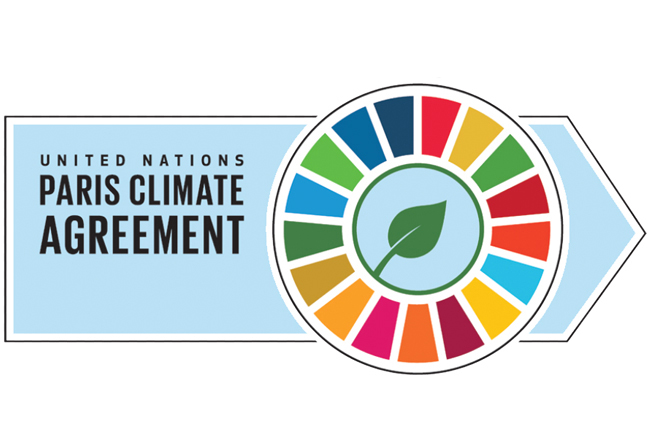Time Lost
Humphrey Bogart’s line in one of his movies was “Do I look like a guy who cares what happens after he dies?” The expected answer was “No.” The 10/29/18 New York Times Magazine has a black cover and only the words “Thirty years ago, we could have saved the planet.” The entire magazine has a single 60-page article titled “Losing Earth: The decade we almost stopped climate change. A tragedy in two acts.” Author Nathaniel Rich chronicles the decade 1979-1989 and the many failures of elected government officials to look beyond coming elections, and of business leaders to look beyond short-term profits, when those leaders were confronted with data showing that greenhouse gases and burning fossil fuels were threatening humankind. That Times magazine has two black pages with this summary of humankind’s inaction: “All the facts were known and nothing stood in our way. Nothing, that is except ourselves.”
It is arguable that leaders shouldn’t beat ourselves up about their poor leadership; there was little chance the world’s billions could be persuaded, then or now, to put aside present consumption in favor of the uncertain future. In that way Homo sapiens has acted like countless other species which have multiplied and consumed until they overtaxed their environment, and then they died back.
Climate science tells us that the train has left for now in terms of keeping air, water and land conditions within what humans have experienced since civilizations. Big doses of heat, scarcities of fresh water and of productive oceans, and of good food-producing land are already in the pipeline which will change the world beyond modern man’s experience; the logical response is strong actions to adapt to predictable conditions. Those actions include junking the political and popular mantra that economic growth is always good, gradually reducing world population, halving world emissions of CO2 within a few years, developing better food crops to withstand heat and drought, moving urban populations away from ocean coasts, accustoming people to diets of less meat and fish, and doing all that with a collective sense of urgency.
For the reasons the Times’s “Losing Earth” article explained for world inaction in 1979-89, and as noted on this blog, coordinated American or world political actions to adapt to new, less-friendly, conditions is not likely. That leaves individuals to do what they can to meet the challenges of quickly-changing natural systems. This blog will give estimates of climate conditions at different points in the future, with the intent of helping people make decisions about where to live and work.

 Politics
Politics 

